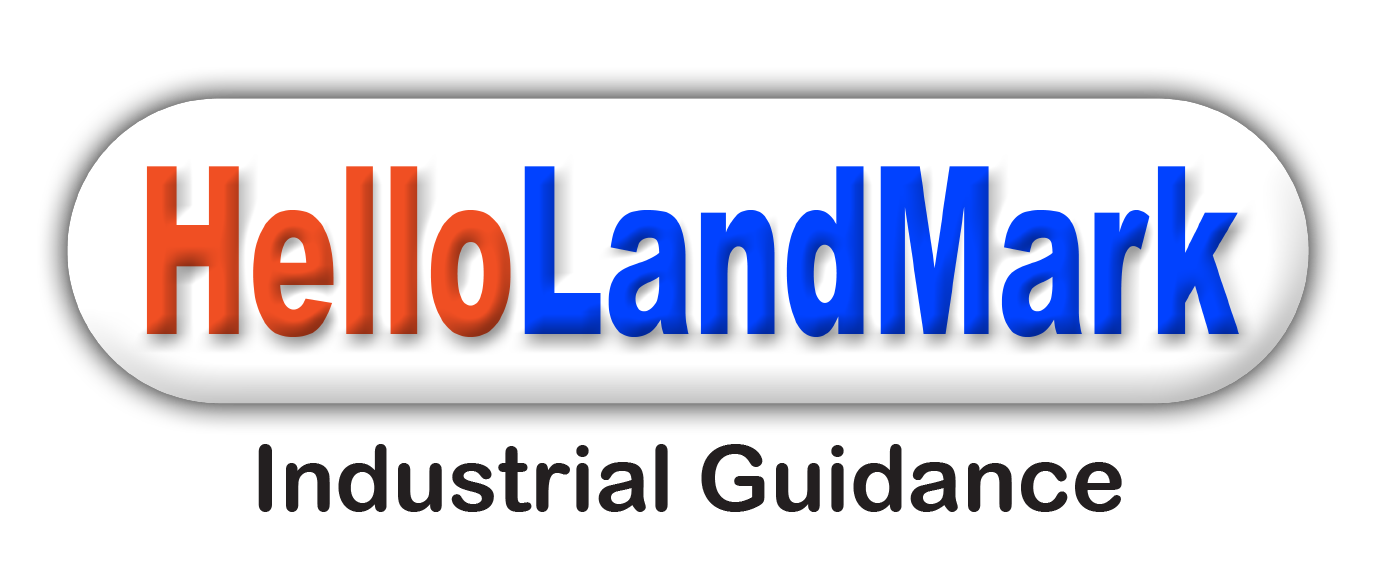Introduction
Advertising plays a vital role in industrial marketing by increasing visibility, generating qualified leads, and strengthening brand positioning in a highly competitive marketplace. Unlike consumer advertising, industrial marketing focuses on reaching business decision-makers, engineers, and procurement professionals who are seeking specialized solutions. To effectively connect with this audience, industrial marketers must strategically select advertising platforms that align with the buyer journey and industry-specific behaviors. By leveraging the right mix of digital and traditional platforms, industrial businesses can maximize their reach, improve engagement, and support long-term sales growth.
Search Engine Advertising
Search engine advertising, particularly through platforms like Google Ads, allows industrial marketers to appear at the top of search results when potential customers look for relevant products or services. This pay-per-click (PPC) method is highly effective for intent-driven marketing.
Targeting keywords related to machinery, industrial processes, or specific components ensures that ads are shown to buyers actively researching solutions. With the ability to control budgets, target locations, and measure performance, search engine advertising remains a core tool for lead generation in industrial sectors.
LinkedIn and B2B Social Media Platforms
LinkedIn is one of the most powerful advertising platforms for industrial marketing due to its focus on professional networking and B2B engagement. Through LinkedIn Ads, companies can target users based on job title, industry, company size, and other professional criteria.
This makes it ideal for reaching procurement officers, plant managers, engineers, and C-suite executives. Sponsored content, InMail campaigns, and display ads can promote whitepapers, product launches, case studies, or event participation, driving awareness and lead capture.
Other platforms like X (formerly Twitter) and YouTube are useful for building brand presence and sharing visual or thought leadership content, although their targeting precision may be more limited compared to LinkedIn.
Industry-Specific Digital Portals and Marketplaces
Advertising on industrial directories, portals, and marketplaces—such as Thomasnet, IndiaMART, DirectIndustry, and TradeIndia—provides targeted exposure to a niche audience actively searching for industrial products and suppliers.
These platforms often offer banner ads, featured listings, and sponsored product placements. With a high level of industry relevance and built-in lead generation mechanisms, they serve as efficient channels for promoting specific product lines and establishing credibility in specialized sectors.
Email Marketing and Sponsored Newsletters
Email remains a reliable platform for direct communication in industrial marketing. While traditional email campaigns target internal databases, sponsored email placements in industry newsletters and B2B publications offer access to a broader audience.
Many industry media outlets distribute newsletters to thousands of qualified professionals, making them ideal for promoting product launches, webinars, or whitepapers. Email advertising benefits from high engagement rates when the content is valuable and the targeting is accurate.
Trade Publications and Online Industry Magazines
Advertising in trade magazines and online journals such as Manufacturing Today, Plant Engineering, or Chemical Engineering offers brand exposure to a well-defined and loyal readership. These platforms often provide both print and digital advertising options.
Digital banners, interstitial ads, and content sponsorships within these publications are effective for reinforcing brand authority and staying visible to industry insiders. They also support content marketing by offering opportunities for advertorials, interviews, and feature stories.
Programmatic Display Advertising
Programmatic advertising allows industrial marketers to display banner and video ads across a wide range of websites based on targeting parameters like industry type, geography, company size, or online behavior.
This method is particularly effective for brand awareness campaigns and retargeting efforts. For instance, a prospect who visits a product page on an industrial website can be retargeted with ads while browsing other sites, reinforcing brand recall and guiding them back into the sales funnel.
Trade Show Digital Advertising and Virtual Events
As trade shows evolve into hybrid or fully digital experiences, organizers now offer online advertising opportunities including homepage banners, sponsored webinars, and virtual booth enhancements.
Advertising within digital platforms tied to major industry events ensures visibility among a highly relevant audience. These platforms help maintain engagement before, during, and after physical or virtual trade exhibitions.
Conclusion
Advertising platforms for industrial marketing are diverse, each offering unique advantages based on campaign goals, target audience, and product type. From highly targeted channels like LinkedIn and industrial directories to broader awareness tools like search engines and programmatic display networks, the right mix of platforms can greatly enhance outreach efforts. By aligning platform selection with buyer behavior and sales objectives, industrial marketers can create high-impact advertising strategies that drive qualified leads, increase visibility, and reinforce their market position in a competitive industrial landscape.
Hashtags
#IndustrialMarketing #AdvertisingPlatforms #B2BMarketing #DigitalMarketing #IndustrialAdvertising #MarketingStrategies #ContentMarketing #LeadGeneration #TradeShows #SEOforIndustry #PPCAdvertising #SocialMediaMarketing #EmailMarketing #MarketingAutomation #BrandAwareness #TargetAudience #MarketResearch #IndustryTrends #OnlineAdvertising #ContentStrategy

